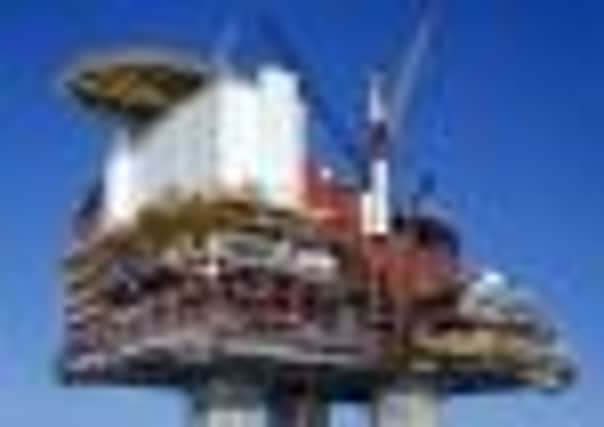Analysis: A complex business that’s handled well


Under current regulations there is a degree of confidence, at least in terms of the market size and the number of fixed production platforms, wells, floating and subsea units, pipelines and terminals etc that must be decommissioned at the end of their economic lives. Total costs are projected at £30 billion to £35bn between now and 2040.
There are nearly 600 offshore oil and gas installations in the North Sea, 470 of which are in UK waters. Offshore there are more than 10,000km of pipelines, about 5,000 wells and accumulations of drill cuttings. Associated with these operations are 15 onshore terminals. Many of these structures have been producing oil and gas for up to 40 years and are coming to the end of the lifespan for which they were designed. A growing number of redundant oil and gas installations will be taken out of service and decommissioned over the next couple of decades.
Advertisement
Hide AdAdvertisement
Hide AdDecommissioning expenditure varies considerably by region. The central and northern North Sea regions have considerably higher costs per installation due to the complexity and weight of large oil-producing platforms with substantial sub-structures, while the southern region has shallower water, generally calmer conditions and much lighter gas-producing structures.
The industry has a valuable opportunity to plan and prepare in advance of the huge increase in decommissioning activity, and to ensure that maximum economic benefit is gained from these major expenditures. Decom North Sea, the industry forum, is working with the whole industry, managing a number of joint projects aimed at driving efficiency, facilitating collaboration, reducing risk, containing costs and stimulating innovation.
There are many aspects to these complex programmes, including safety, noise and environmental impacts, societal concerns, reputational issues, cost, equitable contracting and compensation models, economic value and benefit, career opportunities, technological advances, and the assessments carried out to balance these different forces.
l Brian Nixon is chief executive of Decom North Sea